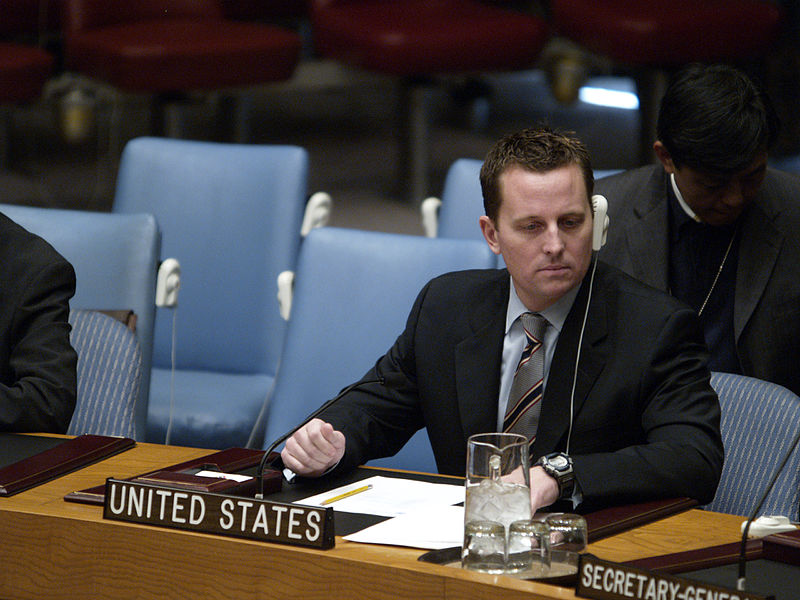While the media spikes the football in the face of a Russia hobbled by U.S. sanctions, the decline of the ruble and collapse in oil prices, Vladimir Putin’s protectorate poses a direct threat to America and its interests that we ignore at our own peril.
In the 15 years since Vladimir Putin ascended to his position as de facto czar, Russia has executed a long-term strategy that the West has failed to recognize and effectively counter under both Democratic and Republican administrations.
Following the fall of the Berlin Wall, the West thought it had defeated the Soviet Union. But unlike in a hot war, the victor did not annihilate its enemy, nor did the enemy’s leaders ever face the gallows.
The collapse of the Soviet Union in fact resembled a corporate reorganization more than the fall of an empire, as heads rolled and the state spun off assets (many later to be “reclaimed”), but the company and its culture endured.

The collapse of the Berlin Wall in 1991 signified the end of Communist rule in Russia.
In the face of difficult circumstances, Russia, understanding the mindset of its “former” foes, made the brilliant decision to join the West through economic and diplomatic “cooperation.”
This convergence strategy gave the outward appearance of a liberalizing Russia, but consistent with its historical adeptness at subversion and subterfuge, proved a clever way to rebuild, gain leverage over and embed itself within its enemies.
Russia opened itself to trade to raise capital and procure technology that it could use to exploit its natural resources, rebuild its military and enrich Vladimir Putin and his cronies.
In so doing, Russia developed energy pipelines that not only provided it with wealth, but power over not just its “near abroad” — which could literally be made to freeze were it not compliant — but Western Europe. Stated differently, it brought America’s NATO allies into Russia’s orbit.
Russia also allegedly stole a significant amount of information and technology.
Perhaps most terrifying of all, Russia embedded itself in a world business and financial architecture that it could penetrate and exploit.
On the diplomatic front, Russia became a U.S. “partner” in the “War on Terror,” a curious position given that Russia was and is a key ally of Iran, the world’s leading sponsor of terror. Vladimir Putin of course was the first world leader to call President George W. Bush on Sept. 11, 2001. We do not know all the ramifications of U.S. and Russian intelligence collaboration.
Continue reading at TheBlaze…





